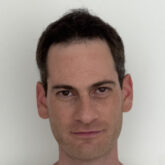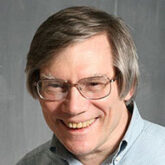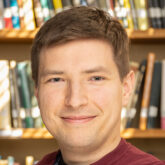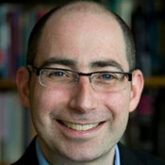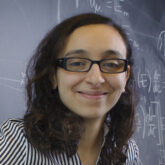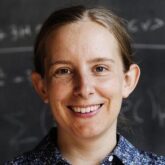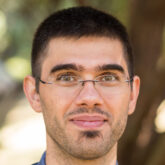Faculty
The MIT Physics Department is one of the best places in the world for research and education in physics. We have been ranked the number one physics department since 2002 by US News & World Report.
We honor the memory of esteemed members of the physics department community who have passed away, and remember their insight, creativity, collegiality, and dedication to excellence, under In Memoriam. Their contributions to scholarship, mentorship, and the department’s vibrant culture are deeply appreciated.
Filter by
Edmund Bertschinger
Professor of Physics
Research in theoretical astrophysics, physics education, and in equity, diversity, and inclusion in the physical sciences and engineering.
Anna Frebel
Professor of Physics
Division Head for Astrophysics
Division Head for Astrophysics
Best known for her discoveries and spectroscopic analyses of the oldest, most metal-poor stars in the Milky Way and small dwarf galaxies.
Ore Gottlieb
Assistant Professor of Physics
I use GRMHD simulations to study black holes, compact mergers, and cosmic explosions, connecting them to gravitational and electromagnetic signals.
Alan Guth
Victor F. Weisskopf Professor of Physics
In 1981, he proposed that many features of our universe can be explained by a new cosmological model which he called inflation.
Scott Hughes
Professor of Physics
Margaret MacVicar Faculty Fellow
Interim Associate Department Head (August 1 2025 through July 31 2026)
Margaret MacVicar Faculty Fellow
Interim Associate Department Head (August 1 2025 through July 31 2026)
Professor Hughes' research is in astrophysical general relativity, focusing in particular upon black holes and gravitational-wave sources.
Mikhail Ivanov
Assistant Professor of Physics
Research focuses on large-scale structure, effective field theories, black holes, and astrophysical and cosmological data analysis.
David Kaiser
Professor of Physics
Germeshausen Professor of the History of Science (STS)
Germeshausen Professor of the History of Science (STS)
Research focuses on early-universe cosmology, foundations of quantum theory, and history of modern physics.
Sarah Millholland
Assistant Professor of Physics
Focuses on understanding the demographics, formation, and evolution of extrasolar planetary systems using data-driven dynamics.
Lina Necib
Assistant Professor of Physics
As a theoretical astroparticle physicist, I work on using Galactic dynamics to understand properties of Dark Matter.
Tracy Slatyer
Professor of Physics
Director, MIT Center for Theoretical Physics -- a Leinweber Institute (CTP-LI)
Director, MIT Center for Theoretical Physics -- a Leinweber Institute (CTP-LI)
Research focuses on dark matter - novel theoretical models, predicting observable signals, and analysis of astrophysical and cosmological datasets.
Max Tegmark
Professor of Physics
Research focuses on linking physics and machine learning: using AI for physics and physics for AI.
Salvatore Vitale
Associate Professor of Physics
Focuses on data analysis for gravitational waves signals detected with the LIGO instruments.
Mark Vogelsberger
Professor of Physics
Uses of high-performance supercomputers to study structure and galaxy formation, dark matter physics, and large-scale hydrodynamical simulations.


